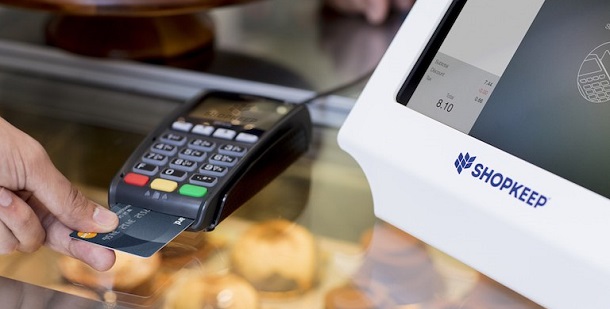
Companies who take payments from customers using card terminals and looking for an injection of cash to cover the cost of short-term expenses or invest in business growth have a number of options available to them.
One which is becoming increasingly popular, especially when compared to the more traditional method of applying for a business loan, is a Merchant Cash Advance, which provides them with quick access to cash in return for a percentage of future credit or debit card sales.
It’s important to remember that Merchant Cash Advances are not loans and, as such, lenders are not regulated in the same way. However, in the UK, a number are members of the British MCA Association (BMCAA), which has guidelines outlining how lenders should operate; it may be a good idea to start here if you are looking for a Merchant Cash Advance.
Who is eligible for a Merchant Cash Advance?
To be eligible for a Merchant Cash Advance you must run a UK-based business. This business can be operated as a limited company or partnership; sole traders are also eligible. Beyond this, each lender has slightly different eligibility criteria. This generally includes a minimum value for credit or debit card transactions per month and period of trading.
If you are a sole trader, your personal credit history, as well as that of your company may be considered by the lender before they agree to advance you money.
How much can you borrow with a Merchant Cash Advance?
This depends on the number of card sales you make each month, the value of these transactions and your companies overall turnover. However, most lenders offer advances between £2,500 and £300,000.
Lenders often calculate the size of the advance as a percentage of your card transactions, which some offering up to 150% of these.
How to repay a Merchant Cash Advance
With a Merchant Cash Advance, you make repayments each working day. A small percentage – usually between 10 – 18% – is taken from each card transaction and this is sent to the lender at the close of business. Merchant Cash Advances can be paid back in one of two main ways:
1. Split Funding: The company processing the credit card payments will split the credit or debit card sale between the lender and the business making the sale.
2. Trust Bank Account Withholding: All credit card payments are paid into a controlled bank account held in the lender’s name; they then pay the business based on the agreed split.
Split funding is the most common repayment method as using Trust Bank Account Withholding can lead to delays in businesses getting paid and can – potentially – impact their cash flow.
The benefits of a Merchant Cash Advance
One of the main benefits of a Merchant Cash Advance is that it’s not a bank loan, meaning there are no set monthly repayments regardless of what you have turned over that month. Instead, you make repayments based on the number of card transactions you are making – if you have a slow day, you pay less back, if you have a good day, you pay back more.
Moreover, because Merchant Cash Advances are designed to be flexible, with repayments based on what you bring in on any given day, you don’t need to worry about late fees or other charges. This makes it a great option for those who run seasonal businesses where takings can fluctuate significantly over the course of the year.
Another plus of Merchant Cash Advances, when compared to bank loans, is that you don’t have to explain what you need the money for; banks and building societies will often ask this – and to see copies of business plans – but Merchant Cash Advance lenders don’t consider how you’ll use the advance in their decision-making process.
A downside is that the total amount you end up repaying could be much higher than the interest you would pay on a traditional bank loan. In fact, Merchant Cash Advance lenders don’t use interest rates or APRs to calculate the total amount repayable, they use what is known as a factor rate, and this rate can change based on how much of a risk, they believe they are taking by advancing you money.
The BMCAA website provides an overview of how lenders calculate the total value of what you will need to repay, and it is worth reviewing this before you approach anyone for a cash advance. Remember, not only do Merchant Cash Advance lenders vary their factor rate dependent on the level of risk you present, the factor rates change between lenders. This means it’s worth shopping around before making a final decision about whether a Merchant Cash Advance is right for you.



